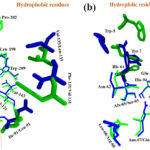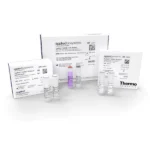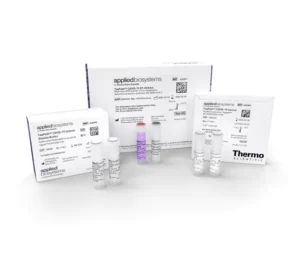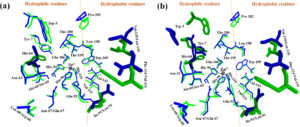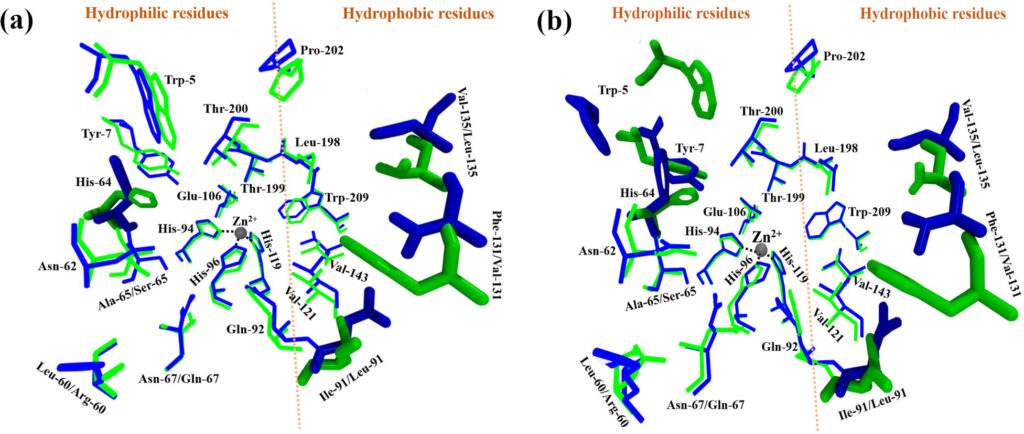
Title: Utilizing Isoenzyme Assays for Diagnostic Precision in Medicine
Introduction
Modern medicine has made remarkable strides in the diagnosis and treatment of various medical conditions. Central to this progress is the development of increasingly sophisticated diagnostic tools and techniques. One such technique, isoenzyme assay, has proven to be a valuable asset in the realm of medical diagnostics. Isoenzyme assays enable healthcare professionals to pinpoint and diagnose a wide range of medical conditions with enhanced precision, ultimately leading to better patient care.
Understanding Isoenzymes
To grasp the significance of isoenzyme assays in medical diagnosis, it’s crucial to comprehend what isoenzymes are. Isoenzymes, also known as isozymes, are multiple forms of enzymes that catalyze the same chemical reaction but are produced by different genes or at different locations within the body. These enzymes can differ in their biochemical properties, such as pH optimum, substrate specificity, and sensitivity to inhibitors.
The significance of isoenzymes in medical diagnosis arises from the fact that their levels or activity patterns often change in response to specific diseases, conditions, or tissue damage. Therefore, measuring the concentrations or activities of isoenzymes can provide valuable insights into an individual’s health.
Applications in Diagnosis
Isoenzyme assays are employed in the diagnosis of a variety of medical conditions across different medical specialties:
- Cardiology: Cardiac troponins are isoenzymes that play a pivotal role in diagnosing heart attacks. Troponin I and troponin T are released into the bloodstream when cardiac muscle is damaged. High levels of these isoenzymes are indicative of myocardial infarction, making them invaluable biomarkers for acute coronary syndromes.
- Liver Disease: Liver function tests often include measurement of serum alanine transaminase (ALT) and aspartate transaminase (AST) isoenzymes. Elevated levels of these enzymes can indicate liver damage or disease.
- Cancer Diagnosis: Tumor markers, such as prostate-specific antigen (PSA) for prostate cancer or CA-125 for ovarian cancer, are isoenzymes that help in cancer diagnosis and monitoring the progression of the disease.
- Diagnostic Enzymology: In some cases, the overall activity of an enzyme can be indicative of a disease. For example, lactate dehydrogenase (LDH) has five isoenzymes, and their altered ratio can be used to diagnose a variety of diseases, including anemias and muscle injuries.
- Hematology: In hematology, measuring isoenzymes of various blood cells can help diagnose disorders like hemoglobinopathies or leukemias.
Benefits of Isoenzyme Assays
- Early Diagnosis: Isoenzyme assays can detect subtle changes in enzyme levels or activity before other clinical symptoms become apparent. This early diagnosis can facilitate prompt treatment and better patient outcomes.
- Disease Monitoring: Isoenzyme assays are valuable tools for monitoring disease progression and the effectiveness of treatments. Physicians can adjust treatment plans based on the evolving isoenzyme levels.
- Improved Precision: Isoenzyme assays enhance diagnostic precision. They enable healthcare providers to differentiate between conditions that may present with similar clinical symptoms, ensuring a more accurate diagnosis.
- Personalized Medicine: The ability to monitor isoenzyme levels allows for personalized treatment plans tailored to an individual’s unique medical profile.
Challenges and Future Directions
Despite their immense potential, isoenzyme assays face challenges, such as the need for standardized assays, reference ranges, and the potential for false positives or false negatives. The field of diagnostic isoenzyme assays continues to evolve, with ongoing research aimed at improving accuracy and reducing these challenges.
In conclusion, isoenzyme assays represent a powerful tool in the diagnosis and monitoring of medical conditions across various medical disciplines. These assays provide healthcare professionals with a window into a patient’s physiological processes, enabling early detection and personalized treatment. As technology and understanding of isoenzymes continue to advance, it is likely that their role in medical diagnosis will become even more critical in the years to come, contributing to improved patient care and outcomes.

